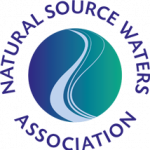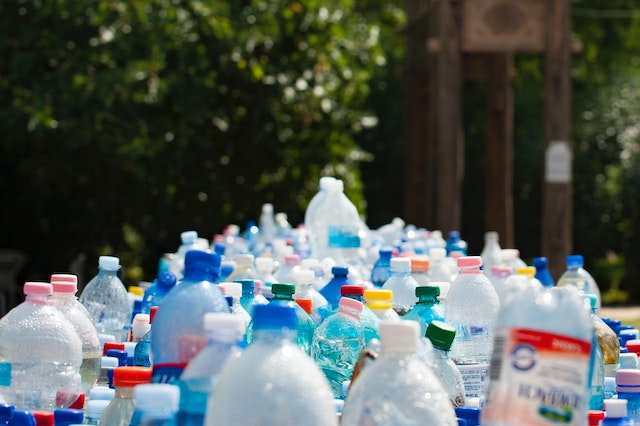Recent research conducted on behalf of the Natural Source Waters Association clearly shows the need to be careful of the terms and language used when talking about plastics and recycling. The subject is already complex enough for people who want to do the right thing, but they are further confused by catch all terms, some of which have become increasingly emotive, such as ‘single-use plastics’.
This confusion can lead to well-meaning people putting 100% recyclable PET plastic drinks bottles that can be turned into new drinks bottles into the general waste. Not only is this a waste of a valuable resource but it then ends up having to be incinerated for energy or even going to landfill.
For more information, you can read below the full press release below or download it here.
FULL PRESS RELEASE: Research shows term ‘single-use plastic’ is having negative impact and confusing consumers about what to recycle
Research[1] conducted on behalf of the Natural Source Waters Association (NSWA) highlights the negative impact of using the term ‘single-use plastic’ when talking about drinks packaging.
Nearly half (46%) of those questioned said they thought that the term ‘single-use plastic’ meant the item described had to go to landfill or for incineration. While this would accurately describe unrecyclable ‘single-use’ plastics such as balloons, stirrers, cotton buds and straws, which are in the process of being banned in England, it is not accurate for items such as PET drinks bottles, which are 100% recyclable and can come back as another bottle if they are recycled.
Repeated use of this term without thought of the unintended consequences might explain why 30% of respondents did not know that plastic drinks bottles are 100% recyclable. This confusion is likely to have an adverse effect on the recycling rates of plastic drinks containers in the UK.
“If we’re really going to improve recycling rates we all need to use clear, positive language’” said Bryan McCluskey, Circularity Director at NSWA. “The term ‘single-use plastic’ is not helping people to do the right thing with their plastic bottles.”
Many companies are increasingly using recycled plastic in their packaging, as seen in the UK Plastic Pact’s 2018 Report[2] published at the end of last year. Natural source water companies are leading the way, with NSWA members using increasing amounts of recycled material in their packaging, up to 100% recycled content in some cases.
“Our members want to use recycled content and to meet this demand we need people to recycle their drinks bottles,” added Bryan McCluskey. “We are working with the Scottish and UK Governments on the introduction of Deposit Return Systems.”
The need for clear and balanced discussion on packaging was highlighted in the Green Alliance’s Plastic Promises report, which warned against the consequences of demonising plastic and rushing to find alternatives, ‘to avoid the risk of simply substituting current environmental problems with new ones.’[3]
To help improve recycling rates, positive messaging that encourages people to put items such as PET drinks bottles in the recycling, is very important. This will help to stop them ending up in landfill or worse still, the environment. It will also help secure the high quality, recycled material for producers are keen to use in their packaging.
ENDS
Notes for editors:
- The Natural Source Waters Association, formerly the Natural Hydration Council, represents producers of natural source waters. Membership includes the majority of natural source water producers in the UK as well as leading importers.
- Natural source waters all come from protected underground sources and must be safe to drink from source as they cannot be chemically treated, unlike tap water which comes from a variety of sources, such as reservoirs and rivers, and undergoes an industrial process to make it safe to drink.
- Members of the Natural Source Waters Association are instrumental in protecting 350,000 acres of land in the United Kingdom, the equivalent of the Peak District National Park.
- For more information go to www.naturalsourcewaters.org.uk or call 0208 996 5115.



